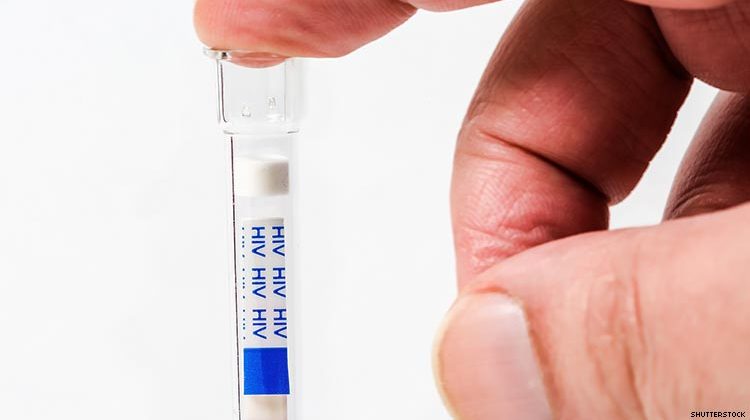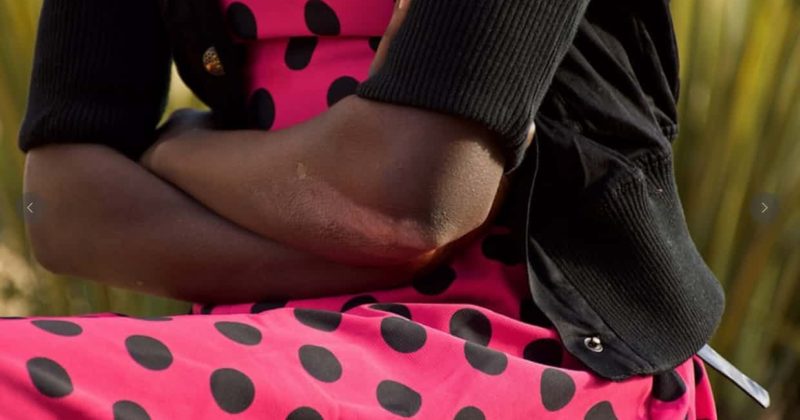
Pennsylvania forms maternal mortality committee as the state’s maternal death rate doubles
Despite being an extremely wealthy nation and leading global power, the United States boasts the highest rate of maternal mortality in the developed world. And while pregnant women face poor outcomes throughout the country, maternal health outcomes vary drastically by state. In Pennsylvania, home to nearly 13 million residents, the maternal death rate has more than doubled since 1994. This dramatic rise in maternal death reflects a troubling trend in the United States--the U.S. is the only developed country where the maternal mortality rate is rising. Half of these deaths are preventable, according to Dr. Amanda Flicker, a Pennsylvania obstetrician. PA Representative Ryan Mackenzie took lead in creating a maternal mortality review committee, which will identify causes of the rising maternal mortality rate and resources that could help reverse the trend, as well as make recommendations for state-wide interventions. Thirty other states have already established similar committees....









